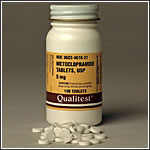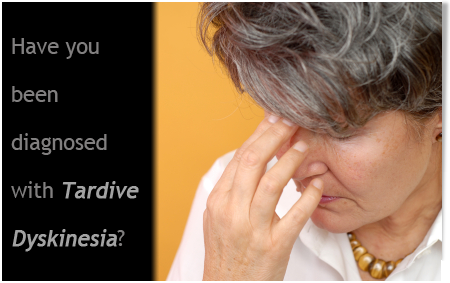Some individuals are more prone to develop tardive dyskinesia than others are. This is because of individual extra sensitivity to medication and previous injury or damage to the basal ganglia—the part of the brain where involuntary movements such as tardive dyskinesia originate. Certain groups are also more prone to developing drug-induced tardive dyskinesia. As a group the elderly are especially prone to drug sensitivity. For reasons not yet clear to researchers, African Americans also seem to be extra sensitive to some medications, especially neuroleptics.
Drug Sensitivity in the Elderly
As we age our bodies undergo numerous physiological changes. Some of these changes begin early.
In addition, the elderly typically have less body water and more body fat than younger people and this affects the distribution of drugs, allowing some medication to accumulate to dangerously high levels in the body. Malnutrition is also a common problem in the elderly; a thin, malnourished elderly person cannot process medication at the same rate as a more robust person of the same age. Elderly people are also more likely to take multiple drugs which can interfere with each other.
In addition to the metabolic factors already mentioned which affect the elderly’s reactions to medicines, older people have less neuronal reserves. This means that injury to the brain’s nerve cells can be more devastating for an older person because the brain no longer has as many neurons (nerve cells) to take over the destroyed cells’ functions.
The Elderly and Drugs which can cause Tardive Dyskinesia
Doctors should always take a person’s age and physical condition into consideration when prescribing any drug. People over age 65 should receive lower than average doses of many types of prescription drugs. This is particularly true for drugs with powerful side effects such as tardive dyskinesia. Weight should also be taken in to account; a frail, thin older person simply does not need as large a dose as a more robust person. Doctors should also take into consideration the other medications which a patient is taking.
Elderly people may respond quicker to drugs such as metoclopramide (Reglan, Octamide, and Maxolon). A person over age 65 may develop tardive dyskinesia after only one month on metoclopramide or one of the neuroleptics, but younger people typically only develop this condition after three or more months on one of the drugs. Older people may display similar sensitive with any medication known to induce tardive dyskinesia.
Most drugs are tested on younger adults, so drug dosage recommendations have not been established for older people. If you or a loved one are over 65, remember to ask your doctor or pharmacist if the dosage prescribed is the correct one for an older person; don’t just assume that the doctor will automatically take the patient’s age into account, because some doctors have not received sufficient training to do so.
Parkinson’s Patients and Tardive Dyskinesia
Because Parkinson’s causes symptoms similar to tardive dyskinesia, a medication which can induce tardive dyskinesia may not be appropriate. Frequently, medication substitutes are available which are just as effective in treating a particular problem as the tardive dyskinesia-inducing medication may be.
African Americans and Tardive Dyskinesia
Some studies indicate that African Americans are more likely to develop tardive dyskinesia than whites. A study in 1993 by Glazer, Morgenstern, and Doucette found that African Americans were nearly twice as likely to develop tardive dyskinesia after taking a neuroleptic, than Whites taking the same drug were. The reasons for this are not clear to researchers.
Caution for Sensitive Groups
If you are in a group which is prone to medication sensitivity or to developing tardive dyskinesia, make sure you know and understand the risk of each different medication which you take. Ask your doctor or your pharmacist if the dose is right. Remember, an older person should generally have a lower dose of the same medicine than a younger person. This is especially true of the any of the anti-psychotic and anti-anxiety medications and of the digestive medication, metoclopramide.
Also remember that many medications can react differently when taken with other medications; some medications should never be taken together, while others should be given at a different dosage when taken in combination with certain others. For example, any drug which can cause tardive dyskinesia should not be taken with another drug which can cause tardive dyskinesia.

